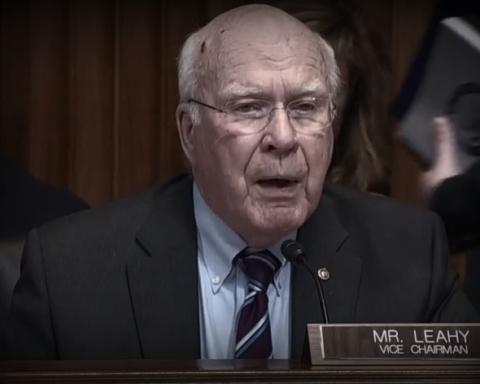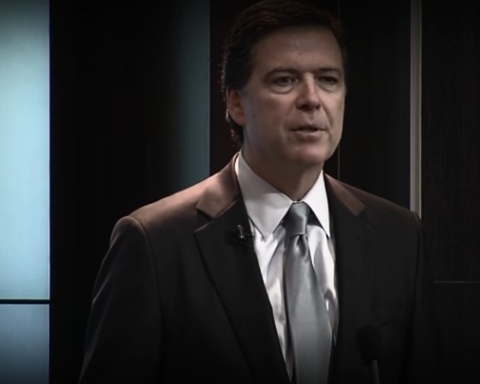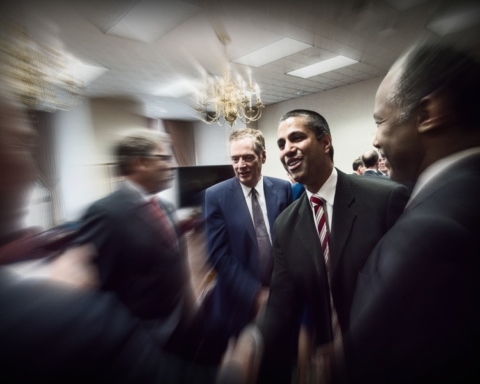The telecoms industry’s legal assault on the Federal Communications Commission’s “Net Neutrality” rule has been momentarily halted.
A ruling handed down by the US Court of Appeals for the DC Circuit on Tuesday upheld the FCC’s regulations. Finalized in early 2015, they reclassified service providers, and subjected them to new rules, in a bid to ensure equal treatment of online traffic.
The commission’s Open Internet Order—perhaps the most significant progressive policy achievement of last year—was the culmination of years of grassroots organizing and agitating in response to internet companies’ threats to enclose cyberspace; by walling off or “throttling” content that inconveniences the provider.
“Today’s ruling is a victory for consumers and innovators who deserve unfettered access to the entire web, and it ensures the Internet remains a platform for unparalleled innovation, free expression and economic growth,” FCC Chairman Tom Wheeler said in response to Tuesday’s court ruling.
The three-judge panel affirmed the commission’s authority to reclassify fixed and mobile internet service providers as a public utility in order to apply greater regulatory pressure on them.
The court also rejected arguments made by industry lobbying groups that Net Neutrality rules violate telecom companies’ First Amendment rights.
“Because a broadband provider does not—and is not understood by users to—’speak’ when providing neutral access to Internet content as common carriage, the First Amendment poses no bar to the open internet rules,” Judges David Tatel and Sri Srinivasan wrote.
Judge Stephen Williams partially dissented in a separate opinion.
Though defeated in court, opponents of Net Neutrality vowed to fight on, and will likely appeal to the Supreme Court. They also put out a call for assistance to their allies on Capitol Hill.
“While this is unlikely the last step in this decade-long debate over Internet regulation,” said the National Cable & Telecommunications Association in a statement, “we urge bipartisan leaders in Congress to renew their efforts to craft meaningful legislation that can end ongoing uncertainty, promote network investment, and protect consumers.”
Although there are a number of proposals pending in the legislature that could cripple the FCC’s internet rule-making, none are likely to overcome a presidential veto.








